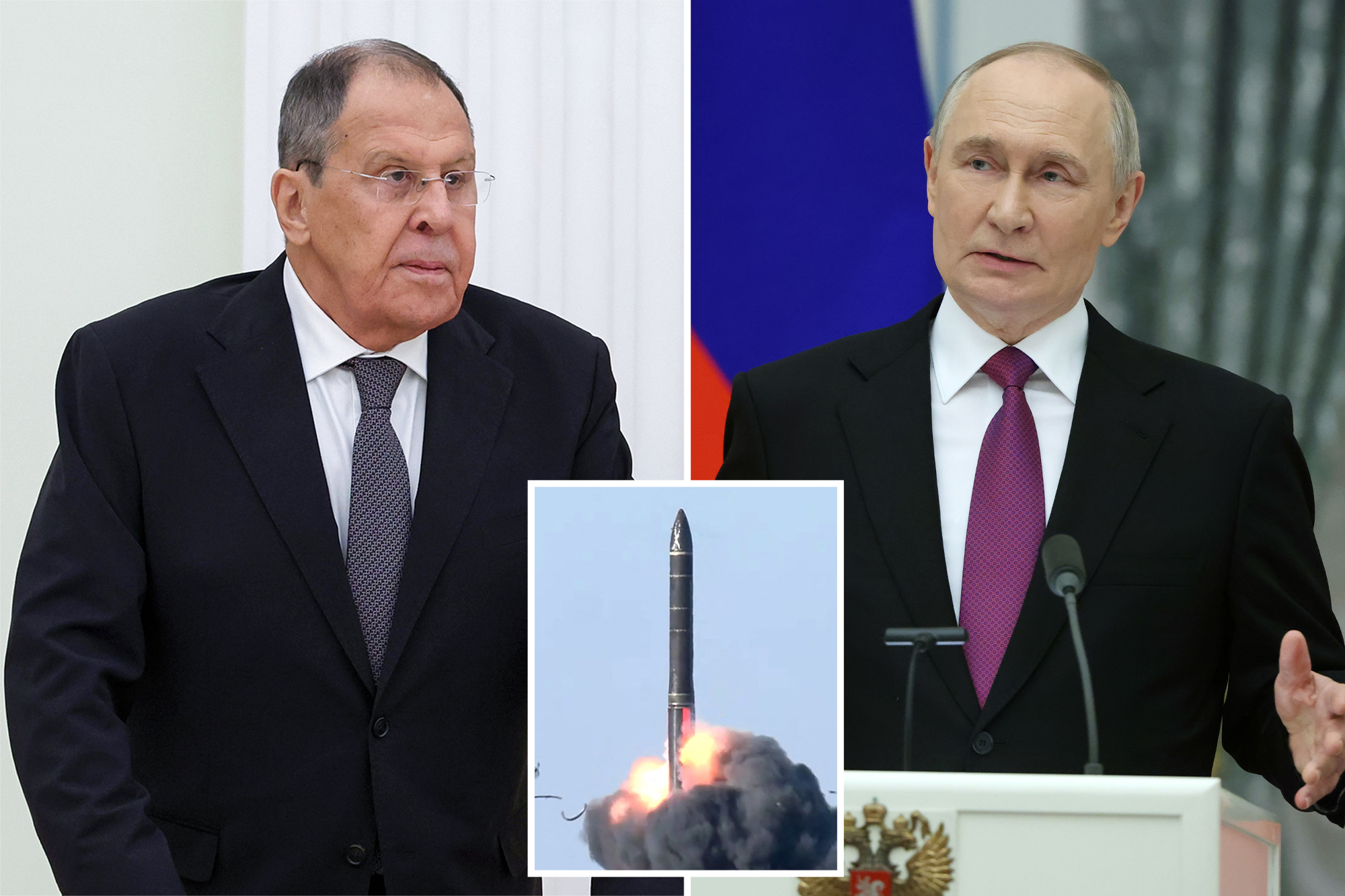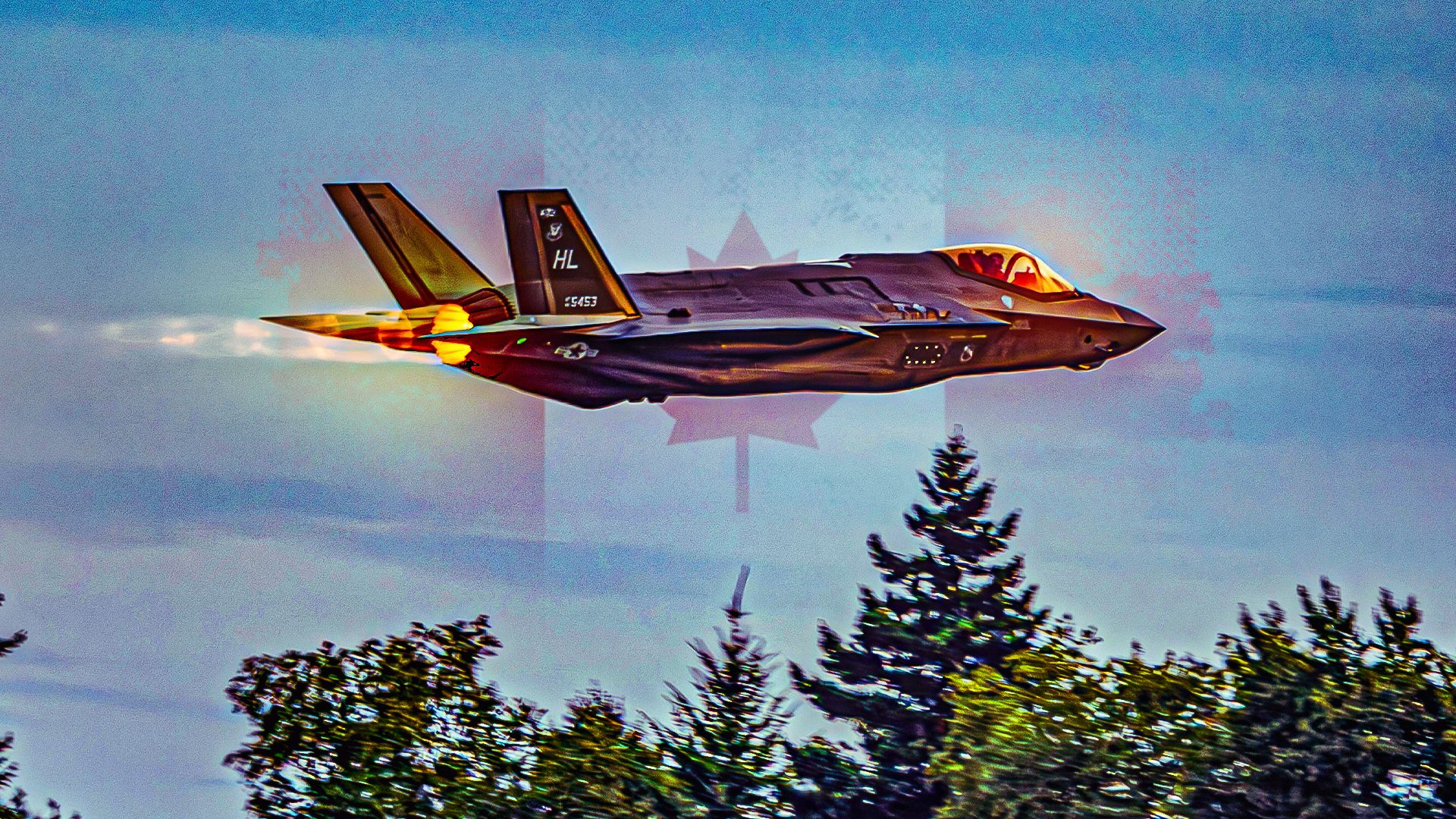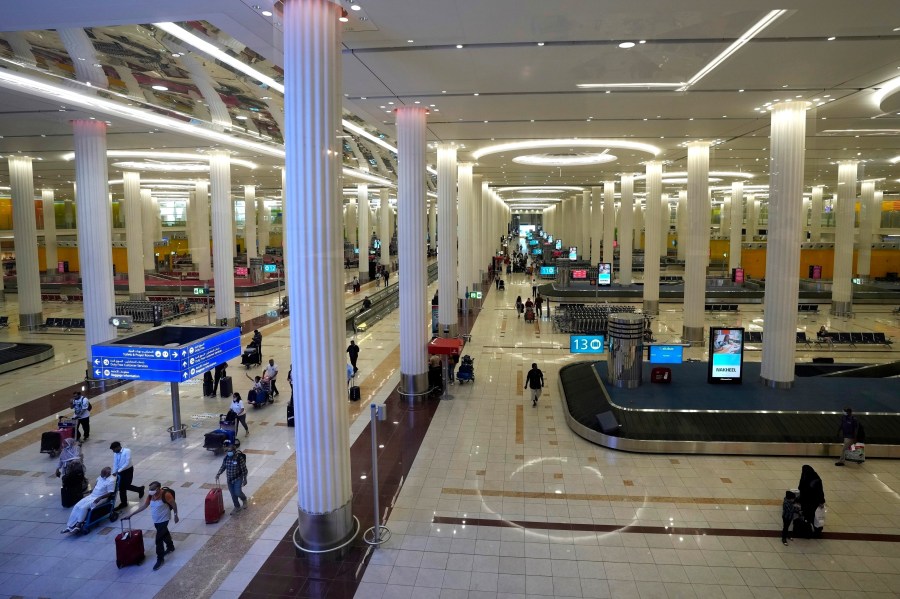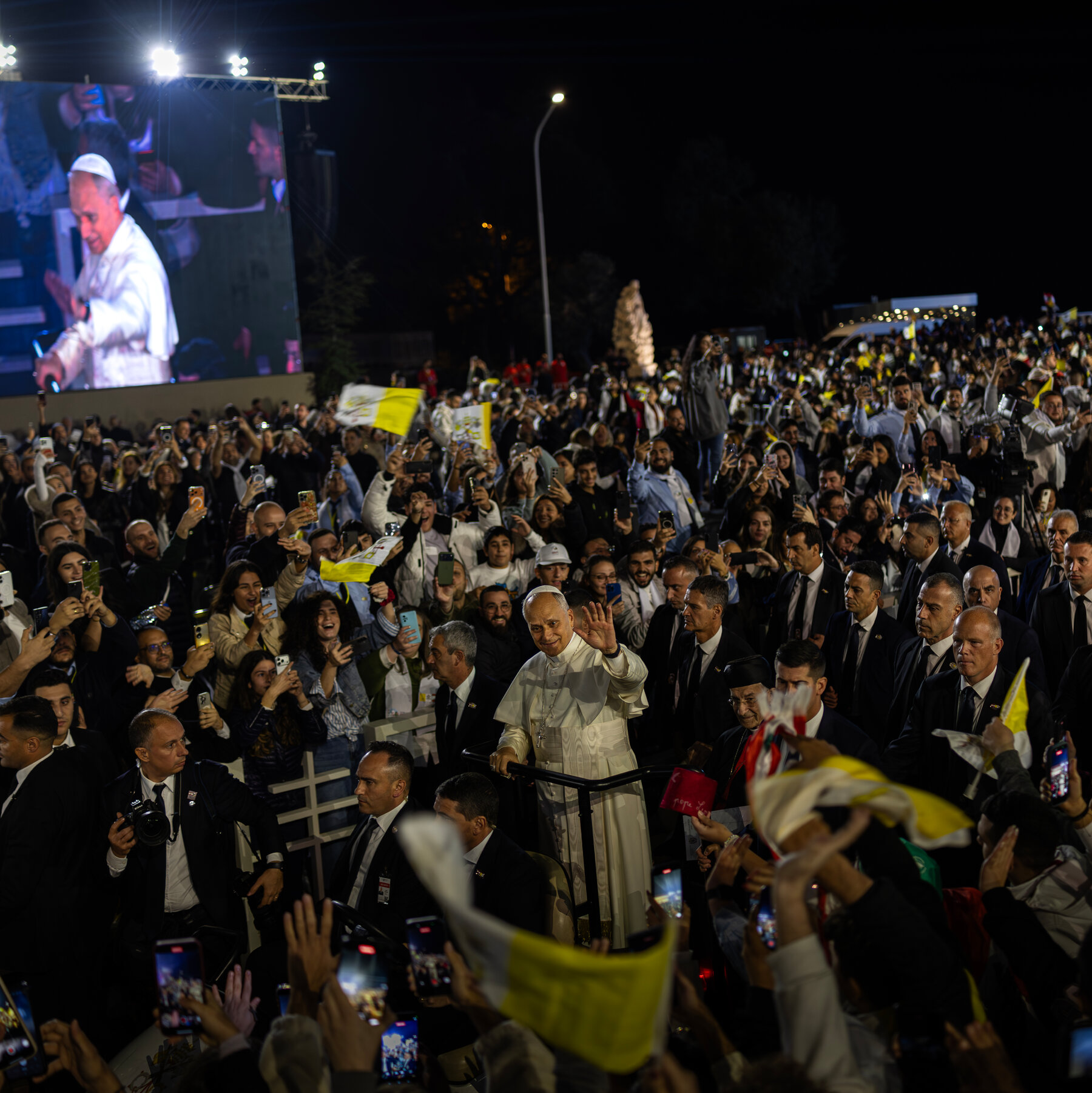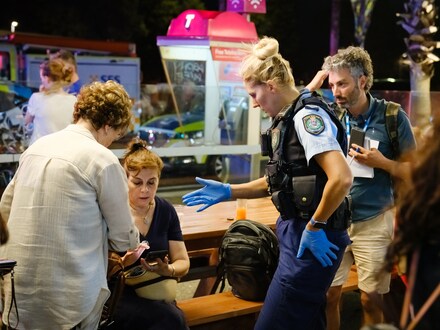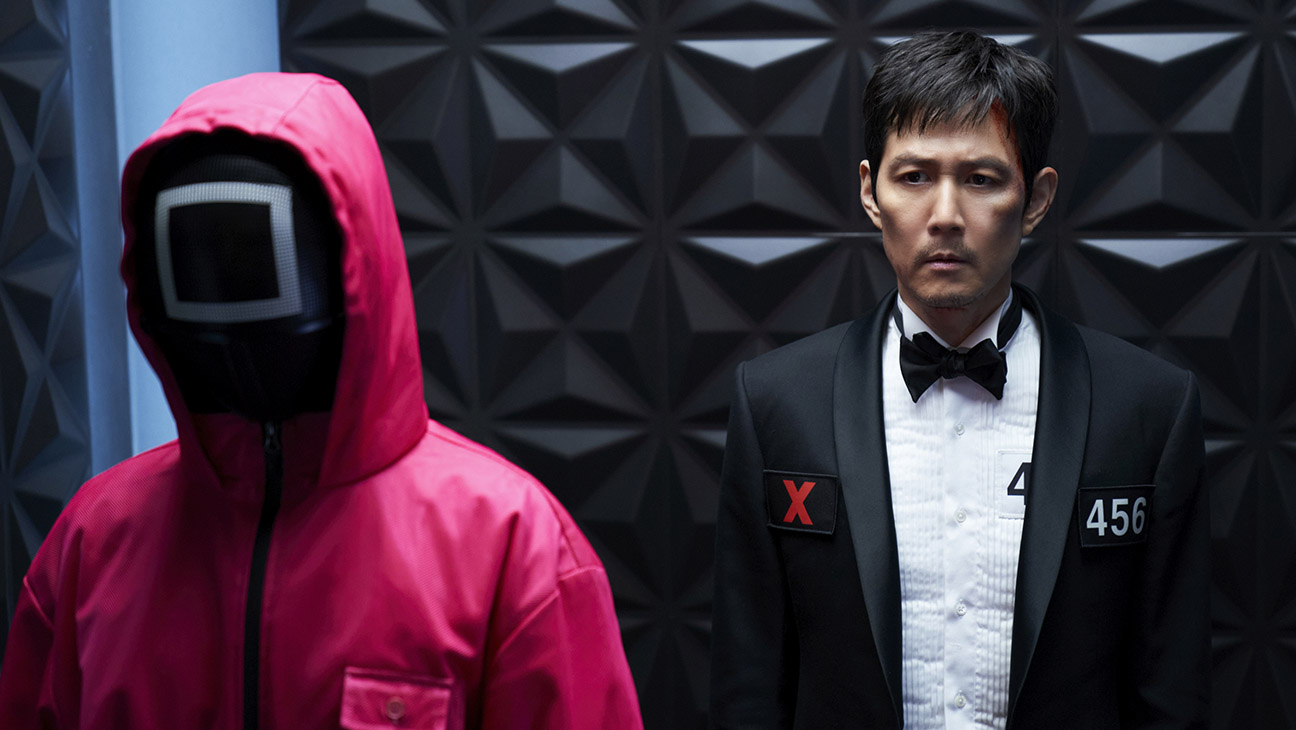Russian Foreign Minister Sergey Lavrov announced on Saturday that the Kremlin is developing proposals for nuclear weapons testing. This decision aligns with an order from President Vladimir Putin, as reported by state media. The directive follows a surprising statement from U.S. President Donald Trump, who suggested last week that the United States would consider resuming nuclear tests for the first time in nearly three decades.
Lavrov stated, “Regarding President Vladimir Putin’s instruction at the Security Council meeting on November 5, 2023, it has been accepted for implementation and is being worked on.” He assured reporters that the public would be informed of the developments as they unfold, according to TASS.
In his remarks, Lavrov noted that Russia has not received clarification from the U.S. regarding Trump’s comments. He raised questions about whether Trump referred to testing nuclear weapons carriers or conducting subcritical tests. “Maybe Donald Trump really talked about Washington’s intention to resume full-scale nuclear tests,” Lavrov remarked.
Last week, Trump emphasized the need for the United States to be on an “equal basis” with Russia and China in the realm of nuclear capabilities. He stated on Truth Social, “Because of other countries testing programs, I have instructed the Department of War to start testing our nuclear weapons on an equal basis.” He added, “That process will begin immediately.”
The United States has not conducted a nuclear explosive test since 1992 and has adhered to a voluntary moratorium on such activities during that time. In contrast, North Korea is the only country confirmed to have carried out nuclear tests since then. Reports suggest that China may have conducted covert, low-grade weapons tests in recent years, although these remain unverified.
The ongoing developments raise significant concerns regarding global nuclear stability and the potential for a renewed arms race. As both Russia and the United States consider their nuclear strategies, international observers will be closely monitoring any shifts in policy or military capabilities.

